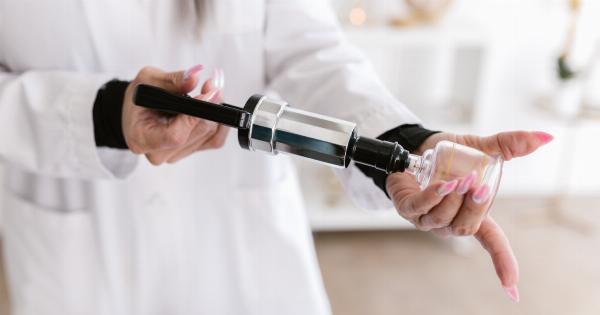Endometriosis is a chronic disorder that affects many women throughout their childbearing years. This condition occurs when the tissue that typically lines the inside of the uterus grows outside of it, causing pain and discomfort.
The impact of endometriosis can be severe and can affect many areas of a woman’s life, including her physical health, mental well-being, and fertility.
Physical Impact
The physical impact of endometriosis can be profound. The most common symptom of endometriosis is pain, which can be severe and debilitating. The pain can occur throughout the menstrual cycle but is typically most intense during menstruation.
Women with endometriosis may also experience pain during sex, bowel movements, or urination. In some cases, the pain can be so severe that it interferes with daily activities such as work, school, or socializing.
Endometriosis can also cause scar tissue and adhesions to form in the pelvic area. These adhesions can cause organs to stick together, which can lead to chronic pain and bowel or bladder problems.
In rare cases, endometriosis can cause organs such as the bladder, bowel, or even lungs to become damaged and may require surgical intervention.
Mental Impact
The mental impact of endometriosis can be just as significant as the physical impact. Endometriosis can cause depression and anxiety, which can be worsened by the chronic pain associated with the condition.
Women with endometriosis may also feel isolated or misunderstood, as the condition is not well understood by many people and can be difficult to explain to others.
The chronic pain associated with endometriosis can also lead to a decreased quality of life.
Women may find that they are unable to participate in activities they enjoy or that they feel isolated from social events due to the pain and other symptoms of endometriosis. This can lead to feelings of loneliness, which can be exacerbated by the lack of understanding about the condition.
Impact on Fertility
Endometriosis can also have an impact on a woman’s fertility. The condition can cause scarring and adhesions to form, which can obstruct the fallopian tubes or cause damage to the ovaries.
This can make it more difficult for a woman to become pregnant naturally. In some cases, women with endometriosis may require fertility treatments or surgery to help them conceive.
However, it is important to note that not all women with endometriosis will experience fertility issues.
While endometriosis can be a risk factor for infertility, many women with the condition are able to conceive naturally or with the help of fertility treatments.
Managing Endometriosis Symptoms
Endometriosis cannot be cured, but there are ways to manage the symptoms. Pain relief medications such as nonsteroidal anti-inflammatory drugs (NSAIDs) or hormonal birth control can help to alleviate the pain associated with endometriosis.
In some cases, surgery may be necessary to remove endometrial tissue or adhesions.
Women with endometriosis may also find relief from complementary therapies, such as acupuncture or yoga.
These therapies may help to reduce stress and inflammation in the body, which can help to alleviate the pain and other symptoms associated with endometriosis.
Conclusion
Endometriosis can have a significant impact on a woman’s physical health, mental well-being, and fertility.
The chronic pain associated with the condition can be debilitating, and the lack of understanding about the condition can make it difficult for women to seek support. However, with proper management and support, women with endometriosis can lead fulfilling lives and even go on to have children.





























